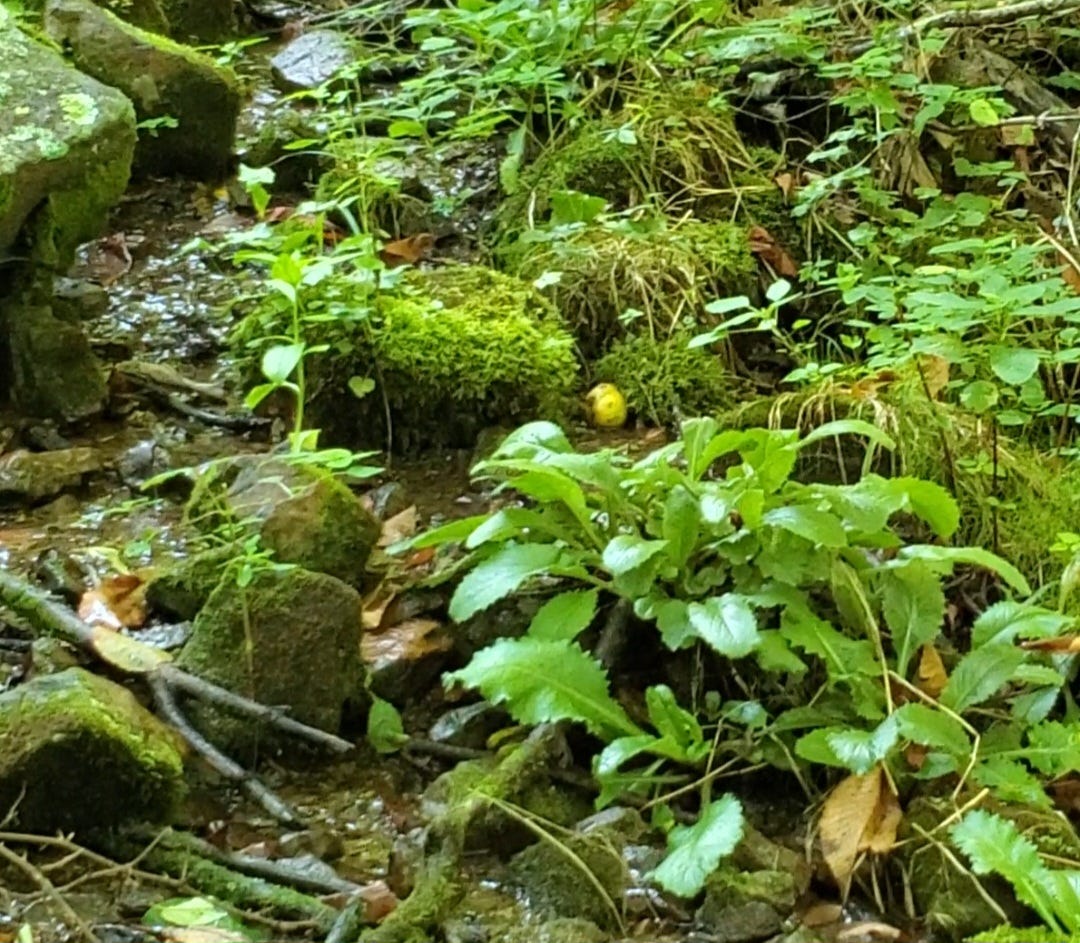Third Act Virginia founding member Deborah Kushner witnessed the trauma the Atlantic Coast Pipeline (ACP) inflicted on her neighbors. The ACP, which would have brought fracked methane from West Virginia to Virginia and North Carolina, was canceled due to project cost escalations after six years of debate and litigation. Now the Mountain Valley Pipeline (MVP) is bringing similar devastation to the Appalachian people and environs. Deborah has spent many months along the MVP pathway and written more than a dozen moving accounts of what’s happening there. We excerpt several here. You can see them all here.
Precious Soils, March 19, 2024
By Deborah Kushner
The extent of the Mountain Valley Pipeline’s impacts along its 303 mile length and 125’ construction corridor width are difficult to fully grasp. Some people realize the extent of these impacts more fully than others. Nan Gray is one of the few who know the depths of these impacts. As a soil scientist, Nan studies the interrelationships of soil, plants and the larger environment. Of the five soil scientists who live in southwest Virginia in proximity to the MVP, who know the area’s soils best, none of them were consulted about the project.
A licensed professional soil scientist in both Virginia and North Carolina, Nan sees soil as a living organism. Disturbances upset the delicate balances that allow soil systems to thrive. ‘Soils provide the food, water and home for biodiversity. Soils complete the undisturbed landscape,’ she explains. MVP’s disturbances have destroyed the living soils, creating an industrial wasteland – a dead zone planned to be kept cleared – that fragments the forests and affects forest creatures for miles on either side of the right-of-way. When disturbed, micro organisms die. Nan explains, ‘When soil is severely disturbed, soil microorganisms and organisms die, which gives other soil microorganisms a boost in population, until they die and there is nothing to replace them.’ This wasteland will stay a wasteland.
Nan has lived in Craig County, Virginia, close to the Giles County border for 30 years, studying the ancient soils here. She marvels at the history contained in the ground, in these rare and endangered places, which took millions of years to create. She’s charted living treasures that are the soils in the local national forests, distinct worlds unto themselves, sometimes teeming with life, sometimes quiet. She’s studied ephemeral ponds here, connected and unique wetlands with specialized amphibians that traverse the ponds only during specific climate events. In some areas, she has documented organic matter 13” deep in wetlands – each inch of which took thousands of years to create. Within these ancient wetlands is a record of life on earth, micro-ecosystems with their own evolutionary history and a refuge for lifeforms found nowhere else. Wetlands are some of the most endangered ecosystems on the planet, critical to remove sediment from waterways, and pollutants from the atmosphere. They hold plants in place, and slow the flow of water. One acre of wetlands can absorb 1.5 million gallons of water.
